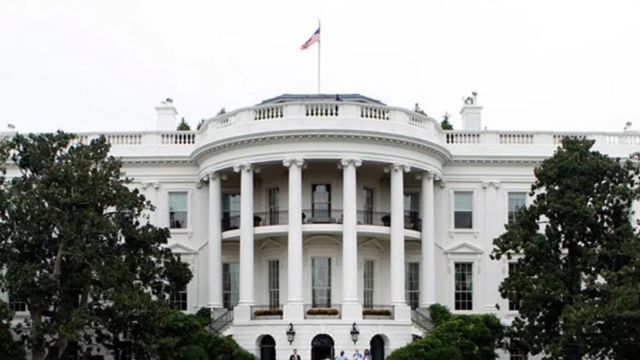White House holds call with universities over Trump’s higher-education compact
US Education Secretary Linda McMahon called the meeting “an important step toward defining a shared vision” in a post on X.
 The compact asks colleges to make commitments aligned with Trump’s political priorities in exchange for favourable access to research funding. (File Representational Photo)
The compact asks colleges to make commitments aligned with Trump’s political priorities in exchange for favourable access to research funding. (File Representational Photo) The five US universities still considering President Donald Trump’s higher-education compact were invited to a White House call Friday to discuss the proposed deal, reported AP. By late Friday, the University of Virginia had already declined to sign the agreement.
Education Secretary Linda McMahon called the meeting “an important step toward defining a shared vision” in a post on X, and mentioned a “renewed commitment to the time-honored principles that helped make American universities great.”
The White House has faced multiple rejections after inviting nine universities to become “initial signatories.” The compact asks colleges to make commitments aligned with Trump’s political priorities in exchange for favourable access to research funding.
As the Oct 20 feedback deadline nears, none of the remaining schools – Dartmouth College, the University of Arizona, the University of Texas, and Vanderbilt University – have signed. University of Texas officials said they were honoured to be included, but other schools have not indicated their stance.
‘Multiple positive benefits’
McMahon talked about the role of universities in driving innovation and preparing the workforce, stating, “With continued federal investment and strong institutional leadership, the higher education sector can do more to enhance American leadership in the world and build tomorrow’s workforce.”
Also Read: Trump asks 9 colleges to commit to his political agenda in exchange for access to federal money
The compact promises “multiple positive benefits,” including easier access to federal funding.
Colleges are asked to adopt commitments such as eliminating race and sex from admissions, promoting conservative views on campus, and ensuring “institutional neutrality” on current events. The agreement notes that institutions may decline federal benefits if they do not accept the terms.
How are the universities responding?
The University of Virginia became the fifth school to reject the deal, citing concerns that tying federal funding to political alignment would undermine research integrity. Interim President Paul Mahoney wrote, “We look forward to working together to develop alternative, lasting approaches to improving higher education,” reported AP.
The Massachusetts Institute of Technology was the first to decline, followed by Brown University, the University of Pennsylvania, and the University of Southern California, citing threats to free speech and academic independence.
More than 30 higher education organisations, led by the American Council on Education, urged the administration to withdraw the compact, warning it would give the government unprecedented control over universities and restrict free speech.
Some provisions mirror deals Trump’s administration struck with Brown and Columbia to restore research funding, but unlike those agreements, the compact does not guarantee academic freedom.
Harvard has been a central target, with the White House previously cutting billions in research funding and attempting to block foreign student enrolment. A federal judge reversed the funding cuts last month, calling them unconstitutional.
Trump defended the compact on Truth Social, saying it would help usher in “the Golden Age of Academic Excellence in Higher Education” and reform universities “now corrupting our Youth and Society with WOKE, SOCIALIST, and ANTI-AMERICAN Ideology.”
(With inputs from agencies)







